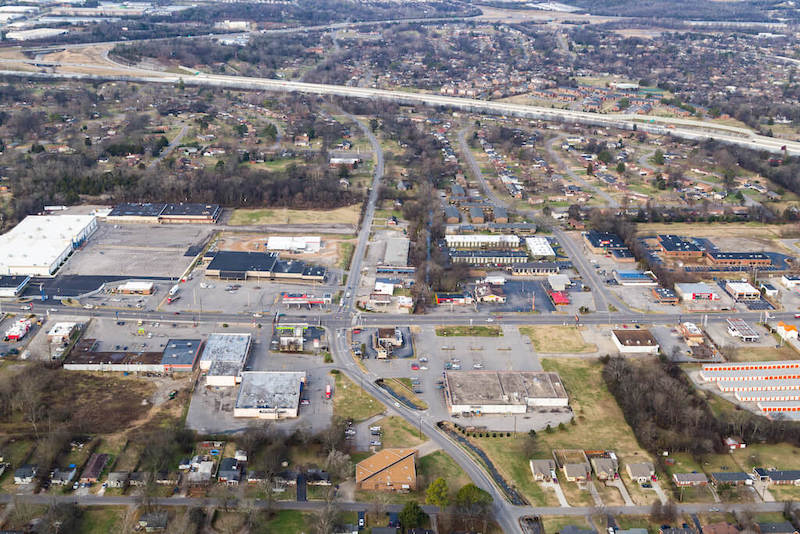Roof replacement can, no doubt, be expensive, making it tempting for building owners to wait as long as possible to replace their roofs. But, even the most well-constructed roofs will eventually need to be replaced. For building owners and property managers who may be questioning their roof’s lifespan, here are a few tips to help you know when it’s time to replace your roof and why it’s important.
Why replace a roof?
Roofs are not just a cap on a building. They provide integral structural support and protect the rest of the building from damage. If a roof isn’t functioning properly, it can put the rest of the building at serious risk of damage.
For property managers, failing to replace a damaged roof can endanger those inside the building. Damaged commercial roofs can leak and destroy property inside a building. Roofs in serious neglect can even collapse. At the end of a roof’s life, repairs can be extremely costly with little reward. It may just be delaying the inevitable and result in spending the budget on a short-term repair.
Certain structural problems necessitate an immediate roof replacement.
Not all roofing problems require a complete replacement, but there are a few problems that indicate the need for an immediate roof replacement:
- Wet insulation – If your roof system has water trapped in it, there’s no way to remove it. The only way to fix the roof is to tear out the insulation and replace it.
- Recurring leaks – Many leaks can be repaired, but a persistent roof leak is usually a sign of a chronic problem that can only be fixed with a roof replacement.
- Many leaks – If you are experiencing a large number of leaks every time it rains, it’s likely that your roof is beyond repair.
There are also other reasons to replace your roof.
Even if your roof is not exhibiting any of the major problems mentioned here, there are other reasons that you may want to replace it. Your roof may be reaching the end of its lifespan, which means that the materials may start to deteriorate and cause damage. Your business may also be interested in new roofing technologies like a green roof or solar panels that would require a new roof.
If you’re ready to learn more about roof replacement, contact Maxwell Roofing & Sheet Metal, Inc. today! Our team is experienced and ready to help.

